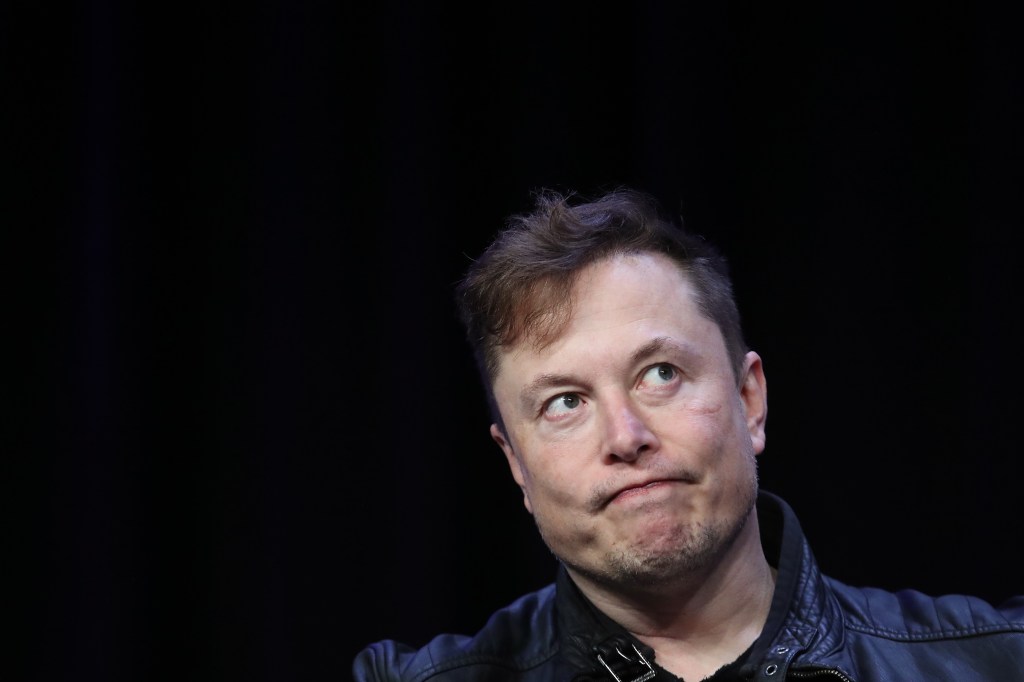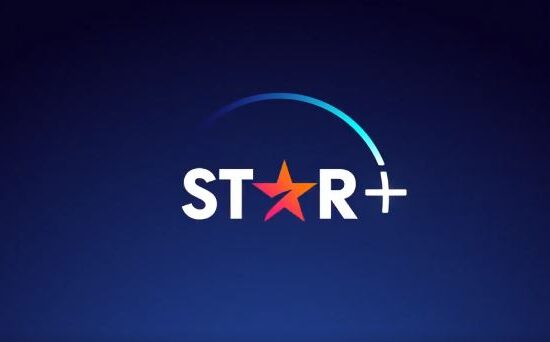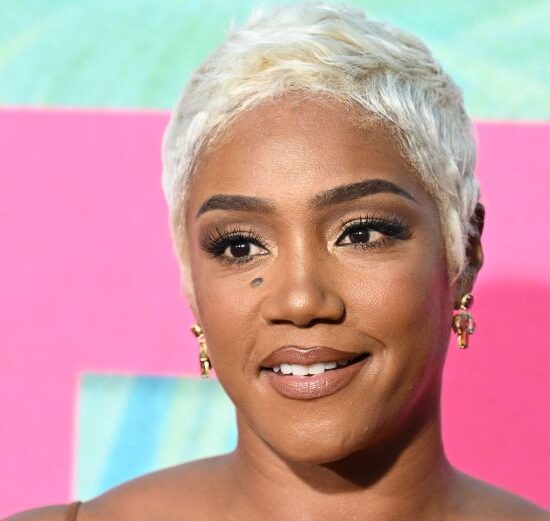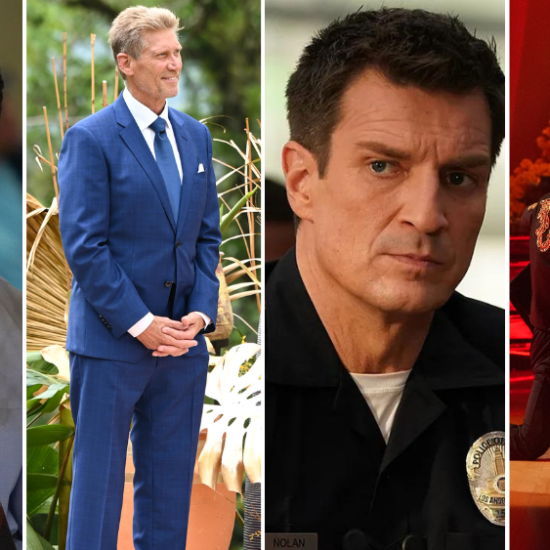
Walter Isaacson’s new biography of Elon Musk includes a number of intriguing vignettes involving everyone from Bill Gates to Google co-founder Sergei Brin. Two in particular involve Endeavor chief Ari Emanuel, who reportedly proposed running Twitter for $100 million, not long after Larry David had chastised Musk to his face after officiating Emanuel’s wedding. (For more about both, read on.)
Inherent public curiosity about the Tesla/X/SpaceX billionaire — which pushed a previous biography up the best-seller list in 2015 — has been stoked further by Isaacson’s access and status. The author, formerly the editor of Time and head of CNN, followed Musk for two years and interviewed him and many others in his orbit. He has also written well-regarded biographies of Steve Jobs, Albert Einstein and others.
Isaacson’s pedigree has evidently helped give an early commercial boost to the 688-page Simon & Schuster title, which is already No. 3 on the Amazon charts. Yet its publication Tuesday has also been greeted by many strikingly negative reviews. Novelist Gary Shtyngart, writing in The Guardian, panned the book as an “insight-free doorstop,” while Brian Merchant in the LA Times assailed what he felt was Isaacson’s bias, concluding that “it’s time to retire the entire genre of ‘great innovator’ biographies.” Kara Swisher and Scott Galloway also tore into the book on their top-rated podcast Pivot. “I wanted a little more analysis, from the smart person that Walter is,” Swisher observes. “It actually makes Elon boring … and it doesn’t feel soaring in any way.” Galloway complains that the book’s “idolatry” ends up marginalizing or excusing cruelty, misogyny, anti-Semitism and other dark aspects of the story.
Of course, the review game is not what it once was, and vox populi support tends to drown out establishment criticism, just as it is in the movie business and elsewhere. On Goodreads and Amazon, the book currently has 4.5 stars out of 5, with most readers having a similar response to that of Will Oremus in his review for the Washington Post. “Isaacson prioritized revealing anecdotes and behind-the-scenes reportage over a sophisticated critical lens,” he wrote in a mixed-to-positive notice.
Emanuel plays a part in two of the book’s most eye-popping passages, at least to readers of this website. After Musk bought Twitter for $44 billion last year, a period of chaos ensued as thousands of employees were cut loose, including the former executive management team. Amid doomsday predictions and damning accounts from insiders, Emanuel delivered a pitch to Musk, a longtime friend who for a time had a seat on the board of directors of Endeavor Group Holdings. For a fee of $100 million, Isaacson writes, Emanuel said he and a group from Endeavor, would run Twitter. The hired hands would cut costs, repair relations with advertisers and overhaul the corporate culture.
The response? Musk lieutenant Jared Birchall quickly shot down the idea, according to the book, calling Emanuel’s outreach via the encrypted text service Signal ““the most insulting, demeaning, insane message.”
The other moment occurred during Emanuel’s 2022 wedding to Sarah Staudinger in St. Tropez, France, Larry David officiated the nuptials, and Isaacson describes a scene in which David and Musk wound up seated next to each other at a table. Pleasantries were not exchanged; rather, a sequence worthy of Curb Your Enthusiasm reportedly unfolded — minus the comedy.
“Do you want to murder kids in school?” David asked Musk, according to Isaacson. The comment was referring to a mass shooting at an elementary school in Uvalde, TX, which killed 19 students and two teachers.
“His tweets about voting Republican because Democrats were the party of division and hate were sticking in my craw. Even if Uvalde never happened, I probably would have brought it up, because I was angry and offended,” David told Isaacson.













